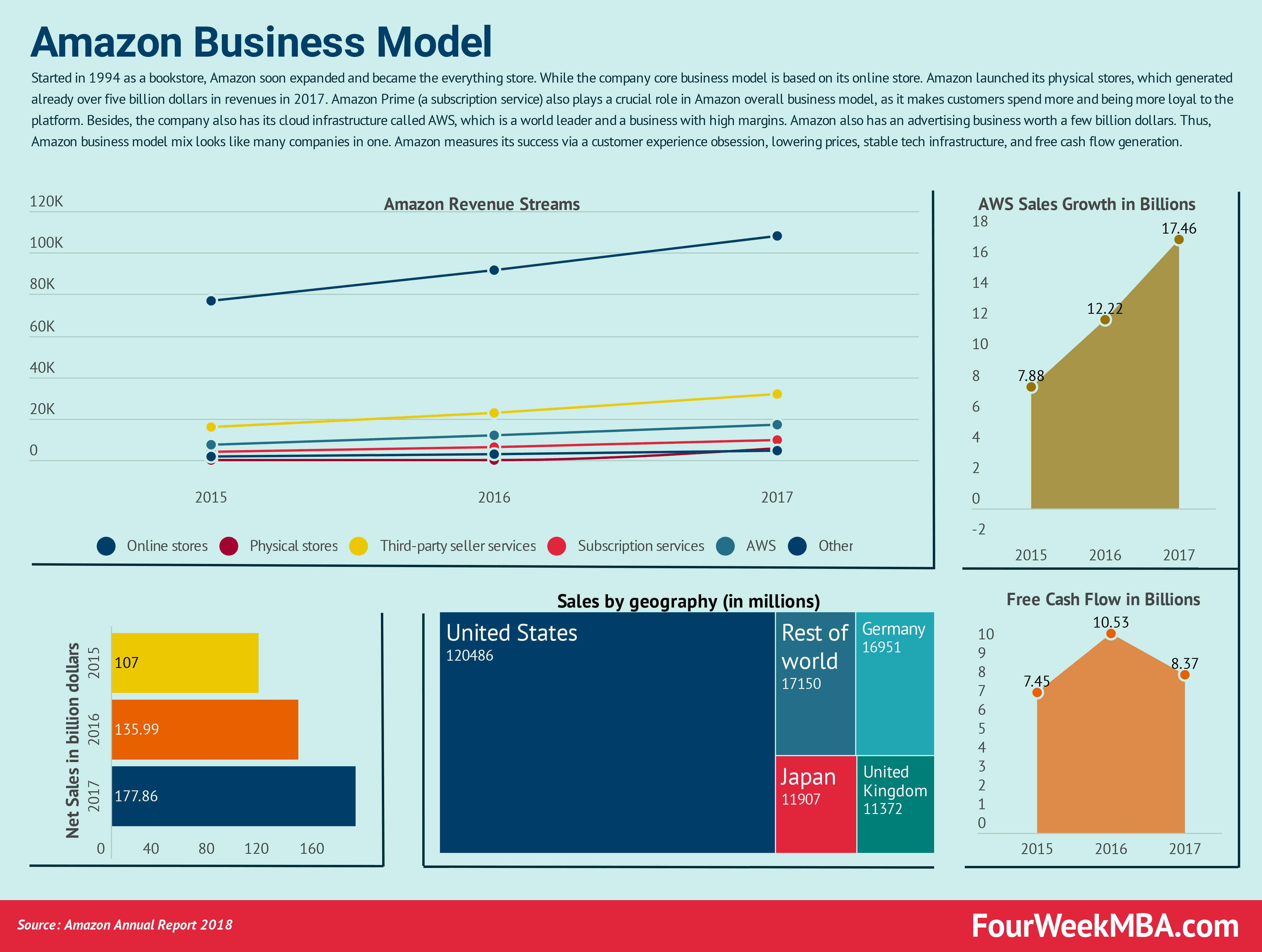
Contents
- 1 Why a Strong B2B Marketing Strategy is Essential for Small Businesses
- 1.1 Identifying Your Target Audience
- 1.2 Creating Engaging and Relevant Content
- 1.3 Utilizing Social Media for B2B Marketing
- 1.4 Building Strategic Partnerships
- 1.5 Optimizing Your Website for B2B Lead Generation
- 1.6 Personalizing Your Marketing Messages
- 1.7 Networking and Attending Industry Events
- 1.8 Measuring and Analyzing Your B2B Marketing Efforts
- 1.9 Staying Updated with Industry Trends
Why a Strong B2B Marketing Strategy is Essential for Small Businesses
In today’s competitive business landscape, having a solid B2B marketing strategy is crucial for small businesses to thrive. Unlike B2C marketing, B2B marketing focuses on building relationships and generating leads with other businesses. It requires a unique approach that takes into account the specific needs and challenges of the B2B market.
Identifying Your Target Audience
The first step in developing an effective B2B marketing strategy is to identify your target audience. Who are the decision-makers in the businesses you want to target? What are their pain points and challenges? Understanding your audience will help you tailor your marketing messages and tactics to resonate with them.
Creating Engaging and Relevant Content
Content marketing plays a crucial role in B2B marketing. By creating high-quality, relevant content, you can establish yourself as an industry expert and build trust with your target audience. Consider creating blog posts, whitepapers, case studies, and videos that address the pain points and challenges of your target customers.
Utilizing Social Media for B2B Marketing
Social media platforms are not just for B2C marketing. They can also be a powerful tool for B2B marketing. Platforms like LinkedIn, Twitter, and Facebook allow you to connect with other businesses, showcase your expertise, and generate leads. Develop a social media strategy that aligns with your overall B2B marketing goals.
Building Strategic Partnerships
Collaborating with other businesses can be a great way to expand your reach and generate more leads. Look for complementary businesses that target a similar audience but offer different products or services. By partnering with them, you can cross-promote each other and tap into new customer bases.
Optimizing Your Website for B2B Lead Generation
Your website should be a key component of your B2B marketing strategy. Make sure it is optimized for lead generation by including clear calls-to-action, contact forms, and landing pages. Use analytics tools to track the performance of your website and make data-driven improvements.
Personalizing Your Marketing Messages
Personalization is key in B2B marketing. Tailor your marketing messages to address the specific needs and pain points of your target audience. Use data and analytics to segment your audience and create personalized campaigns that resonate with each segment.
Networking and Attending Industry Events
Networking and attending industry events can be a valuable way to connect with other businesses and generate leads. Look for relevant trade shows, conferences, and networking events in your industry. Be prepared with your elevator pitch and business cards to make a lasting impression.
Measuring and Analyzing Your B2B Marketing Efforts
Measuring the success of your B2B marketing efforts is essential to identify what works and what doesn’t. Use analytics tools to track key metrics such as website traffic, lead generation, and conversion rates. Analyze the data to gain insights and make data-driven decisions to optimize your marketing campaigns.
Staying Updated with Industry Trends
The B2B marketing landscape is constantly evolving, so it’s important to stay updated with the latest industry trends and best practices. Subscribe to industry newsletters, follow thought leaders on social media, and attend webinars or workshops to stay ahead of the curve. Continuously learning and adapting will help you stay competitive in the B2B market.




